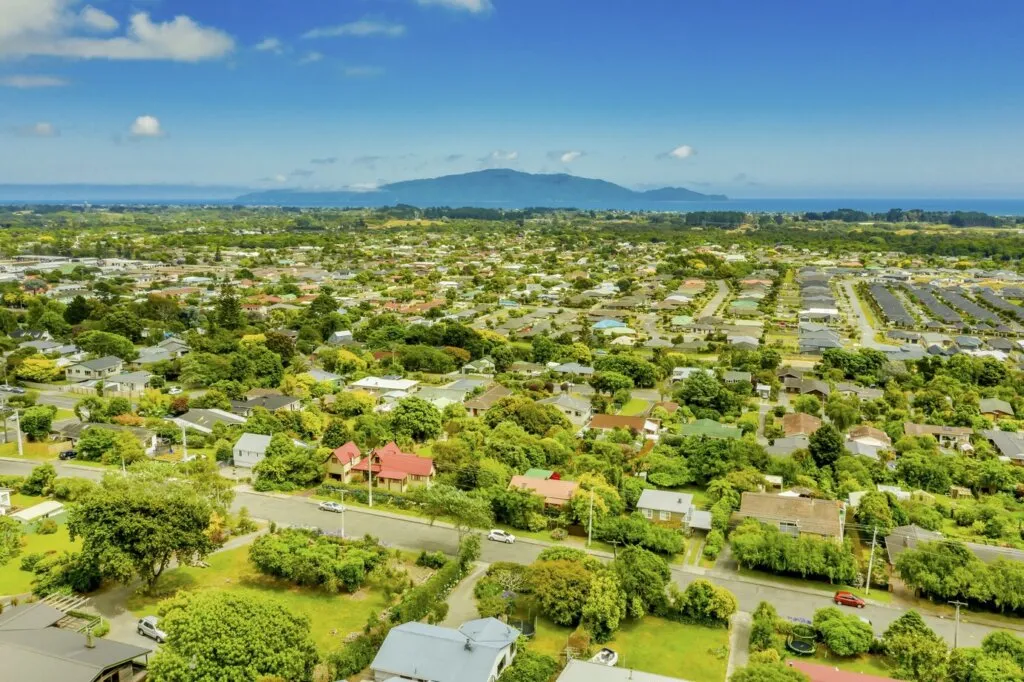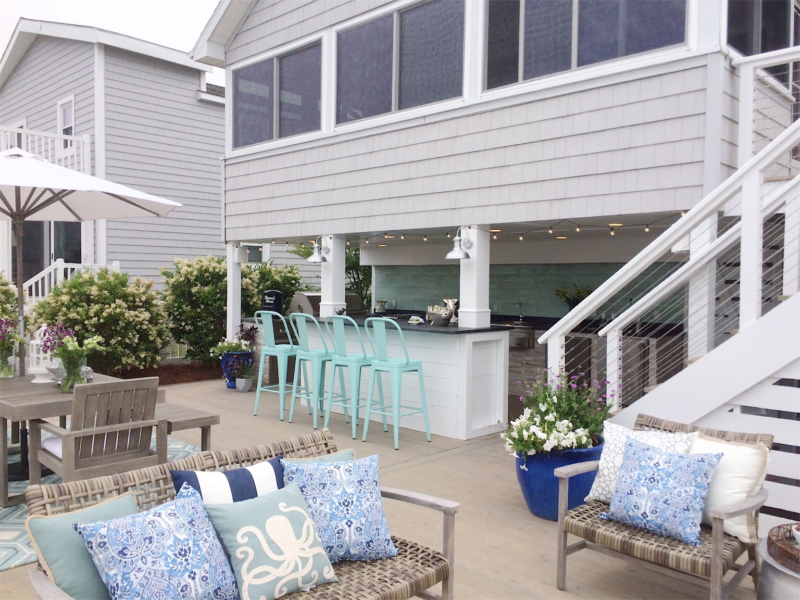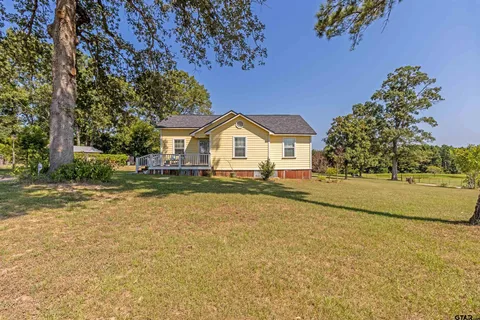Why Is Land So Cheap on Anderson Island?

If you’ve been browsing property listings in Washington State, you may have noticed a curious trend—land on Anderson Island is surprisingly affordable. Compared to nearby mainland cities like Tacoma or Seattle, parcels on this quiet island often sell for a fraction of the price. This raises a pressing question: Why is land so cheap on Anderson Island? Whether you’re a real estate investor, retiree, or just curious, understanding the dynamics behind land value on this island can help you make an informed decision.
In this comprehensive guide, we explore the key factors that contribute to Anderson Island’s low land prices, from its geographic isolation and development restrictions to historical land booms and infrastructural limitations. By the end, you’ll understand the true value—both pros and cons—of owning property in this unique location.
Where Is Anderson Island?
Anderson Island is located in Puget Sound, just south of Tacoma in Pierce County, Washington. It’s the southernmost island in the Puget Sound area and accessible only by a 20-minute ferry ride from the town of Steilacoom.
Why Is Land So Cheap on Anderson Island?
There are multiple reasons why land remains relatively inexpensive despite the island’s natural beauty and proximity to major cities.
1. Limited Accessibility
No Bridge Connection
The island is only accessible by ferry, which operates on a limited schedule and can affect daily commutes, emergency services, and tourism. This lack of a bridge creates both physical and psychological barriers for potential residents and investors.
Impact on Development
Limited accessibility reduces the feasibility for large-scale development or commercial activity. Investors often prefer areas with better logistics and infrastructure.
2. Infrastructure Constraints
Utilities and Services
Some undeveloped lots lack access to water, sewer, or electricity. The cost to install or connect to these utilities can be prohibitively high, deterring buyers or developers.
Internet and Mobile Connectivity
Cell reception and internet access may be spotty in certain areas of the island, especially in wooded or remote zones, reducing the appeal for remote workers or younger buyers.
3. Seasonal and Retiree-Focused Population
Anderson Island is largely a retirement and vacation community. Many residents are seasonal, and a significant number of homes are not occupied year-round. This results in a limited demand for year-round housing and local businesses, reducing the economic viability for development.
4. Legacy of Overdevelopment in the 1960s-70s
During the late 1960s, a real estate developer promoted land on Anderson Island through aggressive advertising, selling thousands of small plots to buyers across the U.S. and abroad. This land boom led to:
- Over-parceled land with very small lot sizes
- Lots sold with minimal infrastructure
- Thousands of absentee owners, some of whom have never visited
This legacy resulted in an excess of available lots, many of which were never built on, creating a supply surplus that continues to suppress prices.
5. Zoning and Environmental Regulations
Strict Zoning Codes
Zoning regulations limit the type and density of development allowed. For example, many lots are zoned for single-family residential only, which curtails commercial potential.
Environmental Protections
Wetlands, forests, and shorelines are protected by environmental laws, further restricting buildable land and adding red tape for development projects.
6. Limited Economic Opportunities
Lack of Employment Centers
There are few job opportunities on the island itself. Most residents must commute to the mainland for work, which can be impractical due to ferry reliance.
No Major Industry
The island lacks large-scale industry or commercial infrastructure. This economic isolation affects land value, as there’s limited demand for land for commercial or employment-related uses.
7. Low Population Density and Demand
The island’s population is under 1,200 year-round residents. With such a small permanent community and few new residents moving in annually, demand remains low for both residential housing and land development.
Is Buying Land on Anderson Island a Good Investment?
Pros:
- Affordable entry price for land ownership in Washington
- Scenic and peaceful environment ideal for retirement or vacations
- Potential for long-term appreciation if infrastructure or development plans evolve
- Low property taxes compared to mainland cities
Cons:
- Limited resale market due to low demand
- Costs of utilities and permits can outweigh land value
- Lack of convenience for commuters and working families
- Uncertainty in long-term development due to restrictive regulations
What to Consider Before Buying Land on Anderson Island
1. Verify Utilities
Ensure the lot has access to water, power, and sewer. If not, research installation costs.
2. Understand Zoning Laws
Check with Pierce County zoning regulations for buildability, setbacks, and environmental restrictions.
3. Assess Accessibility
If planning to live there year-round, assess your reliance on ferry service, especially during emergencies or weather disruptions.
4. Confirm Legal Ownership
Due to the high number of absentee owners and inheritance transfers, some lots have unclear ownership titles.
5. Visit the Lot
Always visit before buying. Some lots may be on steep slopes, in wetlands, or landlocked with no road access.
Frequently Asked Questions
Can I live full-time on Anderson Island?
Yes, but consider the logistical challenges of commuting, ferry reliability, and limited services.
Is Anderson Island a good place to retire?
For those seeking tranquility and nature, it’s a peaceful and affordable retirement option, provided you’re comfortable with limited access to amenities.
Why are so many lots undeveloped?
A mix of inaccessible lots, lack of infrastructure, and absentee ownership has left thousands of plots empty.
Are there any future development plans for the island?
While small developments and infrastructure upgrades occur periodically, large-scale change is unlikely without a bridge or significant policy shift.
Conclusion: Why Is Land So Cheap on Anderson Island?
Land is cheap on Anderson Island primarily due to its ferry-only access, limited infrastructure, and legacy of speculative overdevelopment. While the island offers a unique opportunity to own affordable land in a beautiful setting, buyers must weigh the trade-offs carefully. For the right person—especially retirees or those seeking a peaceful, off-grid lifestyle—it could be an ideal investment. But it’s crucial to do your due diligence and understand what owning land here truly entails.
Thinking about buying land on Anderson Island? Start by visiting, researching utility access, and assessing your long-term goals. What you save upfront might cost you in development, but the tranquility may be worth every penny.




